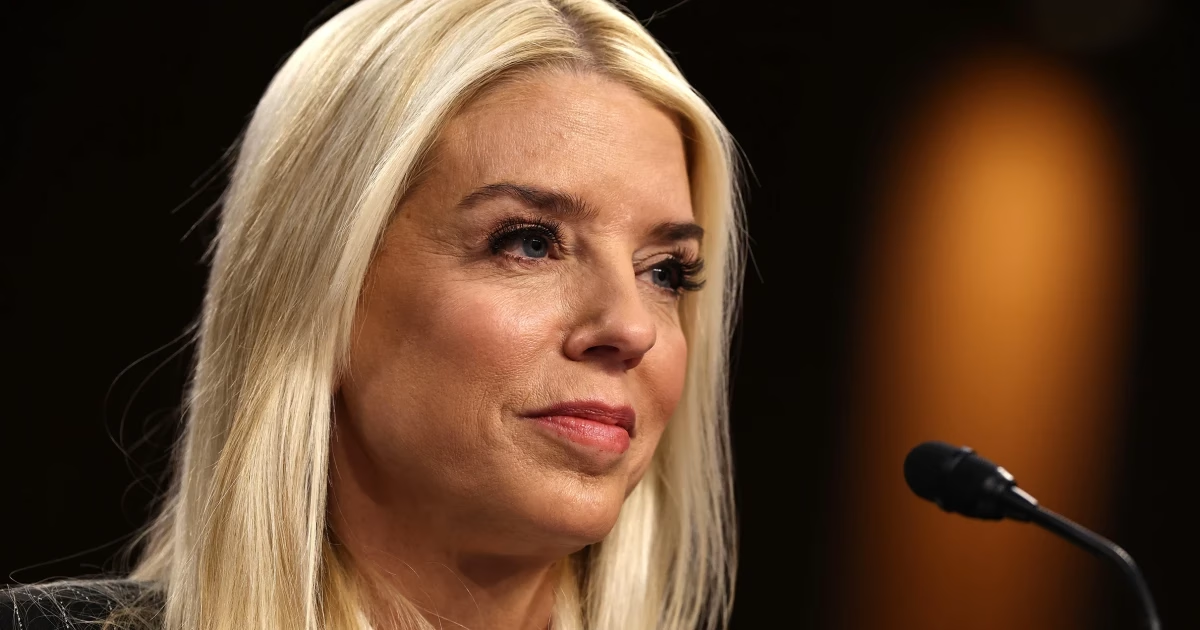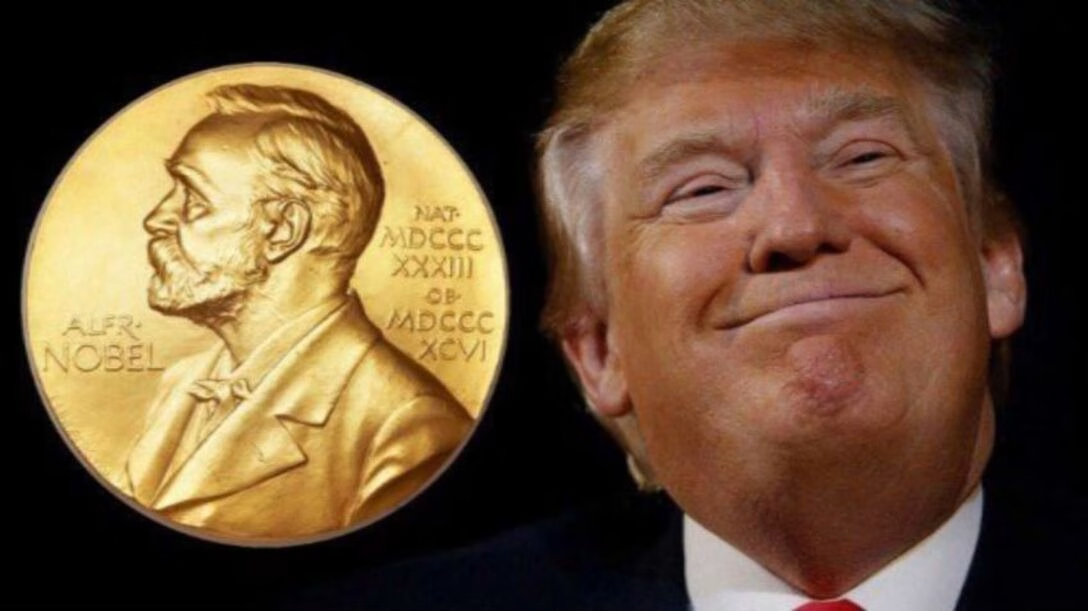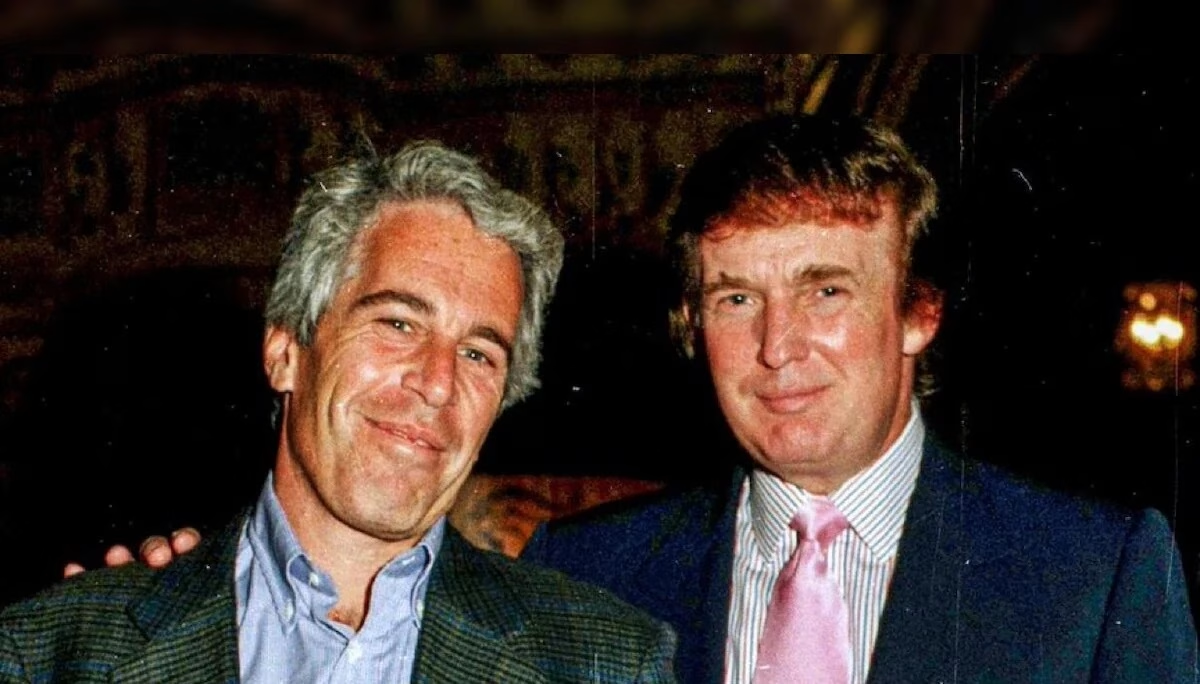By Ben Emos & Don Terry | Thursday, October 25, 2025 | 5 min read
Elon Musk, the tech magnate and one of the world’s most prosperous individuals, has once again taken aim at fellow billionaire MacKenzie Scott, this time questioning her approach to charitable giving. Scott, who has made philanthropy her life’s mission since her divorce from Amazon founder Jeff Bezos, has donated billions of dollars to organizations championing education, healthcare, and social justice. Her efforts have been widely praised for their meaningful impact and thoughtful approach.
Musk, however, reposted a critique of Scott’s giving with a single word: “Concerning.” His comment not only sparks debate over Scott’s philanthropy—seen by many as a model of generosity—but also highlights the broader behavior of billionaires like Musk and former President Donald Trump. Trump, notably, faced scandals involving misuse of charitable funds, leading to a court-ordered ban on running charities in New York. Musk’s remark invites a deeper examination of how the ultra-wealthy choose to wield their immense resources and whether their actions genuinely serve the public good or their own interests.
MacKenzie Scott’s Charitable Legacy
MacKenzie Scott has redefined what modern philanthropy can look like. Her generosity is remarkable, with over $19 billion donated to more than 2,450 nonprofits through her organization, Yield Giving. But what truly sets her apart is her approach. Scott champions trust-based giving, providing nonprofits with unrestricted grants so they can decide how best to use the funds. This flexible, no-strings-attached model contrasts sharply with the traditional, more bureaucratic methods of philanthropy, which often dictate how every dollar must be spent. Her philosophy reflects a deep respect for the expertise of those working on the frontlines of change.
Her efforts have been widely praised, with many pointing out that her approach embodies a genuine attempt to address systemic inequities. By prioritizing organizations working with underprivileged communities, Scott’s giving has focused on creating a more equitable society. Yet, this ethos seems to have drawn ire from Musk, who has frequently sparred with critics over his own philanthropic efforts—or lack thereof.
Elon Musk’s Charitable Track Record
Elon Musk’s criticism of MacKenzie Scott’s philanthropy comes at a time when his own charitable efforts are under scrutiny. With a net worth exceeding $200 billion, Musk’s contributions to causes like climate change and renewable energy often appear modest by comparison. Critics argue that his giving lacks transparency and is frequently tied to promoting his companies, such as Tesla and SpaceX, rather than addressing broader societal needs.
This dynamic raises questions about Musk’s motivations. Is his critique of Scott an earnest call for better philanthropy, or is it a reflection of the growing pressure on billionaires to justify their immense wealth in a time of rising inequality?
Adding to the controversy, Musk recently attempted to leverage his influence over House Republicans to push a legislative proposal dubbed the “Musk-Trump bill.” However, the bill’s failure revealed not only Musk’s inexperience with the legislative process but also the increasing resistance within the Republican Party to Trump’s lingering influence.
At its core, the Musk-Trump proposal sought to slash critical programs that benefit everyday Americans while redirecting over $4 trillion in tax breaks to the wealthiest individuals and corporations. This stark contrast between billionaires like Musk advocating for policies that entrench inequality and philanthropists like Scott working to combat it highlights the deepening divide over how wealth and power are wielded in today’s society.
Juxtaposing Musk and Trump’s Policies with Scott’s Philanthropy
The criticism of Scott’s giving becomes even starker when juxtaposed with the actions of other wealthy elites, including Trump, whose policies during his presidency disproportionately benefited the wealthiest individuals and corporations. The Trump administration’s 2017 tax reform package, often touted as a win for the middle class, in reality handed over $4 trillion in tax breaks to the richest Americans and largest corporations. These policies exacerbated wealth inequality, underfunded critical public programs, and left ordinary Americans grappling with rising healthcare costs and stagnant wages.
While Scott’s philanthropy seeks to address many of these systemic failings, Trump and Musk have been accused of perpetuating them. For instance, Musk has faced criticism for aggressive union-busting tactics and for scaling back employee benefits in Tesla’s factories, undermining the very worker protections that philanthropy like Scott’s aims to bolster.
The dichotomy between Scott’s philanthropy and the actions of figures like Musk and Trump underscores a growing divide among the ultra-wealthy: those who seek to actively redistribute their wealth to tackle systemic issues and those whose actions appear to entrench inequality. At a time when public trust in institutions is waning, Scott’s transparent and generous giving offers a refreshing counter-narrative to the opaque and self-serving behaviors often associated with the billionaire class.
Elon Musk’s critique of MacKenzie Scott’s philanthropy raises important questions about the role of billionaires in addressing societal challenges. However, any such critique should be accompanied by self-reflection. As public scrutiny of wealth inequality intensifies, figures like Musk and Trump must reckon with the implications of their actions—whether in the form of tax breaks for the wealthy or the prioritization of profits over social responsibility. Meanwhile, Scott’s approach serves as a reminder that philanthropy, when done with sincerity and humility, can be a powerful force for good in an increasingly unequal world.
Comey’s Charges Had Nothing to Do With Russia Interference — This Was Trump’s Payback
Epstein Files Put Musk Back in Spotlight—Could Tesla’s $29 Billion Shareholder Payout Be at Risk?
Mexico Is Not the Origin of the Drug Trade—Europe and Big Pharma Were There First
Trump’s Russia ‘Paper Tiger’ Remark Steals the Spotlight as 2025’s Best Punchline
Nexstar, Sinclair Refuse to Broadcast ‘Jimmy Kimmel Live!’ Following ABC Return

Copyright 2024 FN, NewsRoom.






